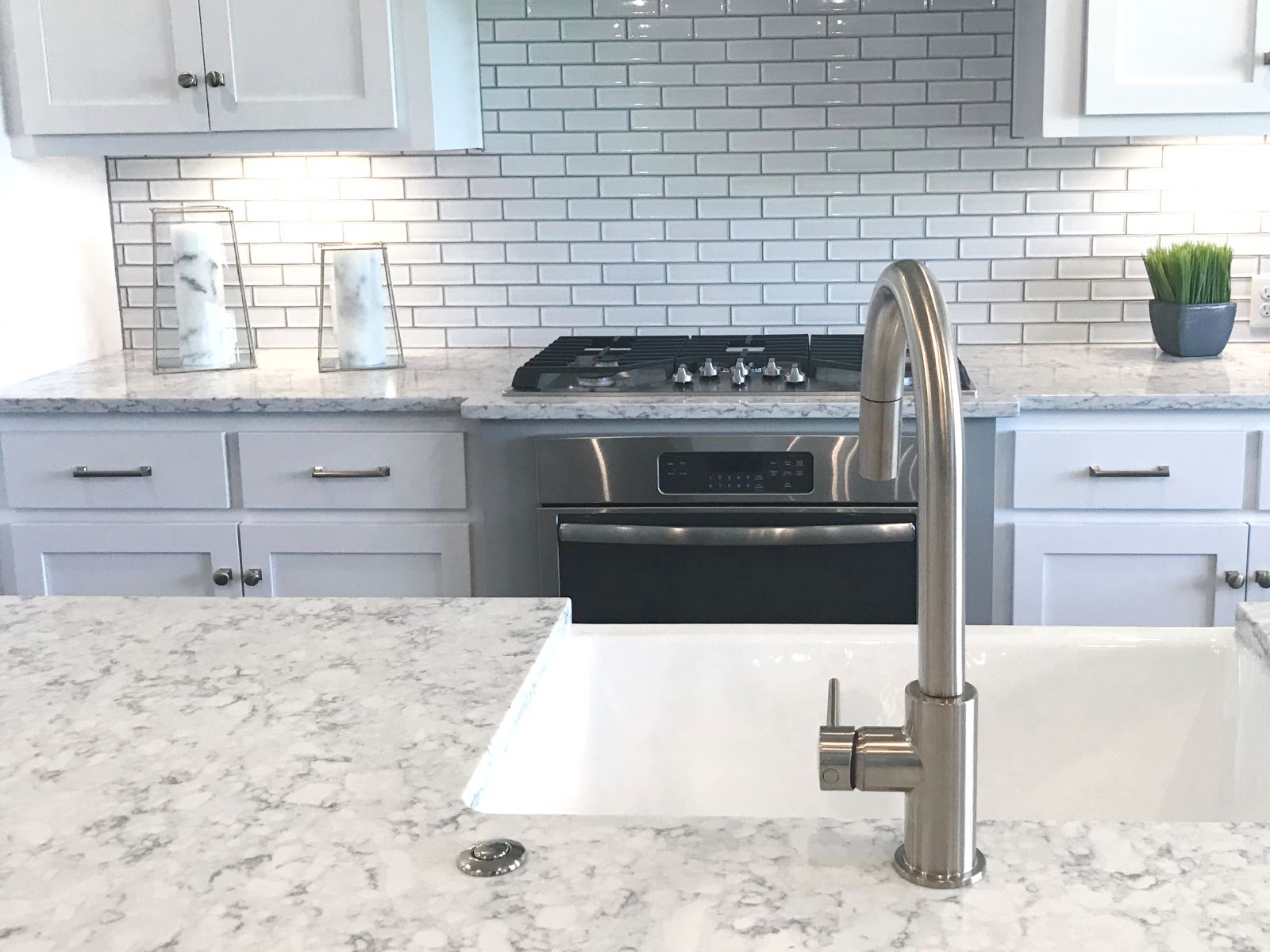

Articles
How Much Heat Can Quartz Countertops Take
Modified: October 20, 2024
Discover how much heat quartz countertops can withstand in this informative article. Explore their heat resistance and durability for your kitchen.
(Many of the links in this article redirect to a specific reviewed product. Your purchase of these products through affiliate links helps to generate commission for Storables.com, at no extra cost. Learn more)
Introduction
Quartz countertops have become increasingly popular in modern kitchens and bathrooms due to their durability, versatility, and aesthetic appeal. One of the key factors homeowners consider when choosing a countertop material is its ability to withstand heat. After all, the kitchen is a space where high temperatures are prevalent, whether it’s from hot pots and pans, cooking appliances, or even direct sunlight.
Heat resistance is a crucial aspect to consider when selecting quartz countertops, as they need to be able to withstand daily cooking activities without getting damaged or discolored. In this article, we will explore the importance of heat resistance in quartz countertops, factors affecting their ability to handle heat, recommended temperature limits, the benefits and limitations of heat-resistant quartz countertops, and practical tips to protect them from heat damage.
So, if you’re thinking about installing quartz countertops in your kitchen or bathroom, or if you already have them and want to ensure their longevity, let’s dive into the ins and outs of quartz countertop heat resistance.
Key Takeaways:
- Quartz countertops offer excellent heat resistance, ensuring durability, safety, and longevity in kitchens and bathrooms. Understanding temperature limits and implementing protective measures can maximize their performance.
- By considering factors like composition, thickness, and installation, homeowners can ensure optimal heat resistance in quartz countertops. Practical tips and precautions help protect these surfaces from heat-related damage, preserving their beauty and functionality.
Read more: How Much Do Quartz Countertops Weigh
Importance of Heat Resistance in Quartz Countertops
When it comes to kitchen countertops, heat resistance is a paramount consideration. Quartz countertops, made from a combination of natural quartz stone and polymer resin, offer superior heat resistance compared to other materials like laminate or solid surface. This feature makes them highly desirable for homeowners who love to cook and entertain.
One of the main reasons why heat resistance is important in quartz countertops is the prevention of damage. Exposing countertops to high levels of heat can cause them to crack or discolor, which not only affects their visual appeal but also compromises their structural integrity. By choosing heat-resistant quartz countertops, you are ensuring that they can withstand sudden changes in temperature, direct contact with hot objects, and prolonged exposure to heat without any negative consequences.
In addition to preventing damage, heat resistance also contributes to the overall safety in the kitchen. With heat-resistant quartz countertops, you can place hot pots, pans, and baking sheets directly on the surface without worrying about scorching or burning the countertop. This convenience adds a level of practicality to your culinary adventures and minimizes the chances of accidental burns or accidents caused by lifting and transferring hot objects.
Furthermore, heat resistance plays a role in the longevity and durability of your quartz countertops. By choosing a countertop material that can handle high temperatures, you are investing in a surface that will stand the test of time. Heat-resistant quartz countertops are less likely to develop cracks, chips, or stains, ensuring that your kitchen or bathroom remains beautiful and functional for years to come.
Lastly, heat resistance in quartz countertops also minimizes the need for maintenance and repairs. Countertops that can’t withstand heat often require additional measures such as trivets or cutting boards to protect the surface. With heat-resistant quartz countertops, you can skip these extra precautions, saving you time and effort in your everyday kitchen tasks.
In summary, the importance of heat resistance in quartz countertops cannot be overstated. It ensures the longevity, durability, and safety of your kitchen or bathroom surfaces. So, when choosing quartz countertops, be sure to opt for a high-quality product that offers excellent heat resistance to enjoy all the benefits it brings to your space.
Factors Affecting Heat Resistance of Quartz Countertops
The heat resistance of quartz countertops can be influenced by various factors. Understanding these factors can help you make informed decisions when selecting and using your countertops to ensure their optimal performance and longevity.
1. Composition: The composition of quartz countertops plays a significant role in their heat resistance. Quartz countertops are made by combining natural quartz crystals with resin binders. The quality and percentage of quartz in the countertop can affect its ability to withstand high temperatures. Higher quartz content generally results in higher heat resistance.
2. Thickness: The thickness of the quartz countertops can impact their heat resistance. Thicker countertops generally have better heat resistance because they have more material to absorb and distribute heat evenly, reducing the risk of thermal shock and damage.
3. Manufacturing Process: The manufacturing process employed by the countertop manufacturer can affect the heat resistance of the final product. Proper curing and cooling processes during manufacturing can enhance the heat resistance of quartz countertops.
4. Quality of Resins: The quality of the resin binders used in quartz countertops can affect their heat resistance. High-quality resins are designed to withstand high temperatures without deforming, discoloring, or releasing harmful fumes.
5. Finishing and Sealing: The type of finishing and sealing applied to the quartz countertops can impact their heat resistance. Polished or honed finishes are generally more heat resistant than textured or matte finishes. Additionally, applying a high-quality sealer can provide an extra layer of protection against heat damage.
6. Installation: The way the quartz countertops are installed can also affect heat resistance. Proper installation ensures that there are no gaps or weak points that could be susceptible to heat damage. It’s crucial to hire experienced professionals who follow installation guidelines recommended by the manufacturer.
7. Maintenance and Care: The way you maintain and care for your quartz countertops can influence their heat resistance. Avoid placing hot objects directly on the countertop without using heat-resistant pads or trivets. Clean up spills promptly to prevent potential damage caused by heat exposure.
By considering these factors and choosing high-quality quartz countertops with excellent heat resistance, you can ensure that your countertops will stand up to the demands of your kitchen or bathroom for years to come.
Temperature Limits for Quartz Countertops
Understanding the temperature limits for quartz countertops is crucial in order to maintain their integrity and prevent heat-related damage. While quartz countertops are known for their heat-resistant properties, there are still recommended temperature limits to consider.
Typically, the recommended maximum temperature limit for quartz countertops is around 150 degrees Celsius or 300 degrees Fahrenheit. Exceeding this temperature can potentially cause damage to the countertop, such as discoloration, cracking, or warping. It is important to note that these temperature limits can vary slightly depending on the specific brand and composition of the quartz countertops.
Direct exposure to high heat for an extended period can pose risks to quartz countertops. Placing a hot pan or pot directly from the stove or oven onto the countertop can create thermal shock and lead to damage. It is advisable to use trivets, hot pads, or cutting boards to provide a buffer between hot items and the countertop surface.
In addition to direct heat exposure, it is also important to consider indirect heat sources. For example, quartz countertops should not be installed near or in direct contact with intense heat sources such as open flames, radiant heating elements, or toaster ovens. These sources can generate extreme heat that exceeds the recommended temperature limits for quartz countertops, leading to potential damage.
To protect your quartz countertops, it is recommended to follow these guidelines:
- Always use trivets, hot pads, or cutting boards when placing hot objects on the countertop.
- Avoid prolonged exposure to high temperatures from cookware or kitchen appliances.
- Keep any heat-generating appliances at a safe distance from the countertop.
- Be cautious with items like hair straighteners or curling irons, as they can reach high temperatures quickly.
- Regularly clean the countertop surface to remove any residue or spills that can affect its heat resistance.
By following these temperature guidelines and taking proper care of your quartz countertops, you can ensure their longevity and minimize the risk of heat-related damage. It’s always a good idea to consult the manufacturer’s guidelines for your specific quartz countertop brand to understand their recommended temperature limits and maintenance instructions.
Quartz countertops can typically withstand heat up to 300°F, but prolonged exposure to high temperatures can cause damage. Always use trivets or hot pads to protect your quartz countertops from heat.
Benefits and Limitations of Heat-resistant Quartz Countertops
Heat-resistant quartz countertops offer numerous benefits that make them an ideal choice for kitchens and bathrooms. However, it is important to understand their limitations as well. Let’s explore the advantages and potential drawbacks of heat-resistant quartz countertops.
Benefits:
- Excellent Heat Resistance: Heat-resistant quartz countertops can withstand high temperatures without getting damaged or discolored. They offer a level of durability and stability that other materials may lack in the face of heat exposure.
- Stain Resistance: Quartz countertops are engineered to be non-porous, meaning they are resistant to staining. This makes them ideal for areas where spills and stains are common, such as kitchens and bathrooms.
- Low Maintenance: Unlike natural stone countertops, quartz countertops do not require sealing or special maintenance to maintain their heat resistance. Simply wiping them clean with a mild cleanser and water is usually sufficient.
- Durability: Quartz countertops are highly durable and resistant to scratches, chips, and cracks. They can withstand the demands of everyday use in busy kitchens and maintain their appearance for years to come.
- Wide Range of Colors and Styles: Quartz countertops are available in a wide variety of colors, patterns, and finishes, providing endless design options to match any aesthetic preference or interior décor.
Limitations:
- Temperature Limits: While heat-resistant, quartz countertops do have temperature limits. Exposing the countertops to temperatures beyond the recommended limits can cause damage such as discoloration or cracking, making it important to use heat-resistant pads or trivets.
- Not Suitable for Outdoor Use: Due to the risk of prolonged exposure to direct sunlight and extreme weather conditions, quartz countertops are not recommended for outdoor installations.
- Cost: Compared to other countertop materials such as laminate or tile, quartz countertops tend to be more expensive. However, the long-term durability and aesthetic value they offer often outweigh the initial investment.
Ultimately, the benefits of heat-resistant quartz countertops, such as their durability, stain resistance, and low maintenance, make them an excellent choice for homeowners. However, it is important to understand and manage their limitations, especially regarding temperature limits and cost, to ensure their long-lasting performance in your kitchen or bathroom.
Read more: What Are Quartz Countertops
Tips to Protect Quartz Countertops from Heat Damage
While quartz countertops are heat-resistant, it is important to take certain precautions to prevent any potential heat damage. By following these tips, you can maintain the pristine condition of your countertops and maximize their longevity:
- Use Heat-resistant Pads and Trivets: Always use heat-resistant pads, trivets, or hot pads when placing hot objects on the quartz countertop. These protective accessories create a barrier between the countertop surface and the hot item, minimizing the risk of heat transfer and damage.
- Avoid Placing Pots or Pans Directly from the Stove or Oven: Refrain from placing hot cookware directly on the quartz countertop. Instead, use a heat-resistant pad or trivet to create a buffer. The sudden temperature change can cause thermal shock, potentially leading to cracks or discoloration.
- Keep Heat-generating Appliances at a Safe Distance: When using appliances like slow cookers, electric griddles, or toaster ovens, ensure that they are not placed in direct contact with the countertop. Leave enough space between the appliance and the countertop to allow for air circulation and prevent heat buildup.
- Avoid Direct Sunlight: Prolonged exposure to direct sunlight can cause quartz countertops to fade or discolor over time. If your countertop is near a window or exposed to direct sunlight, consider using blinds, curtains, or UV-protective films to shield your countertops from the sun’s rays.
- Clean Spills Promptly: Clean up any spills on the countertop surface as soon as possible. Some acidic or staining substances, such as red wine or citrus juices, can affect the heat resistance of the quartz and potentially cause permanent damage if left unattended.
- Avoid Using Hair Styling Tools Directly on Countertops: Hair straighteners, curling irons, and other hot styling tools can reach very high temperatures. To protect your quartz countertop, refrain from using these tools directly on the surface. Instead, use a heat-resistant mat or towel as a protective barrier.
- Regularly Clean and Maintain the Countertop: Regular cleaning and maintenance can help preserve the heat resistance of quartz countertops. Use a mild cleanser and non-abrasive sponge or cloth to clean the surface. Avoid using harsh chemicals or abrasive cleaners, as they can damage the finish and affect the heat resistance.
By following these tips, you can ensure the longevity and beauty of your heat-resistant quartz countertops. Remember, prevention is key when it comes to protecting your countertops from heat damage. Taking these small steps will go a long way in maintaining the pristine condition of your quartz countertops for many years to come.
Conclusion
Heat resistance is a crucial consideration when selecting countertops for your kitchen or bathroom, and quartz countertops offer an excellent solution. With their durability, versatility, and aesthetic appeal, quartz countertops have become a popular choice for homeowners. Their ability to withstand high temperatures makes them ideal for cooking areas where heat is a constant presence.
In this article, we explored the importance of heat resistance in quartz countertops and the factors that can affect their ability to handle heat. We discussed the recommended temperature limits and the benefits of heat-resistant quartz countertops, such as their excellent heat resistance, stain resistance, low maintenance, durability, and wide range of colors and styles.
While heat-resistant quartz countertops have numerous advantages, it is important to be aware of their limitations. Temperature limits, the need for protective measures, and the higher cost compared to other materials should be taken into consideration when making your decision.
We also provided practical tips to protect your quartz countertops from heat damage, including the use of heat-resistant pads and trivets, avoiding direct contact between hot objects and the countertop, keeping heat-generating appliances at a safe distance, and promptly cleaning spills. By following these tips, you can maintain the pristine condition of your countertops and ensure their longevity.
In conclusion, heat-resistant quartz countertops are an excellent choice for homeowners who value durability, aesthetics, and functionality. By understanding their heat resistance properties, taking proper precautions, and following maintenance guidelines, you can enjoy beautiful and durable quartz countertops in your kitchen or bathroom for years to come.
Frequently Asked Questions about How Much Heat Can Quartz Countertops Take
Was this page helpful?
At Storables.com, we guarantee accurate and reliable information. Our content, validated by Expert Board Contributors, is crafted following stringent Editorial Policies. We're committed to providing you with well-researched, expert-backed insights for all your informational needs.
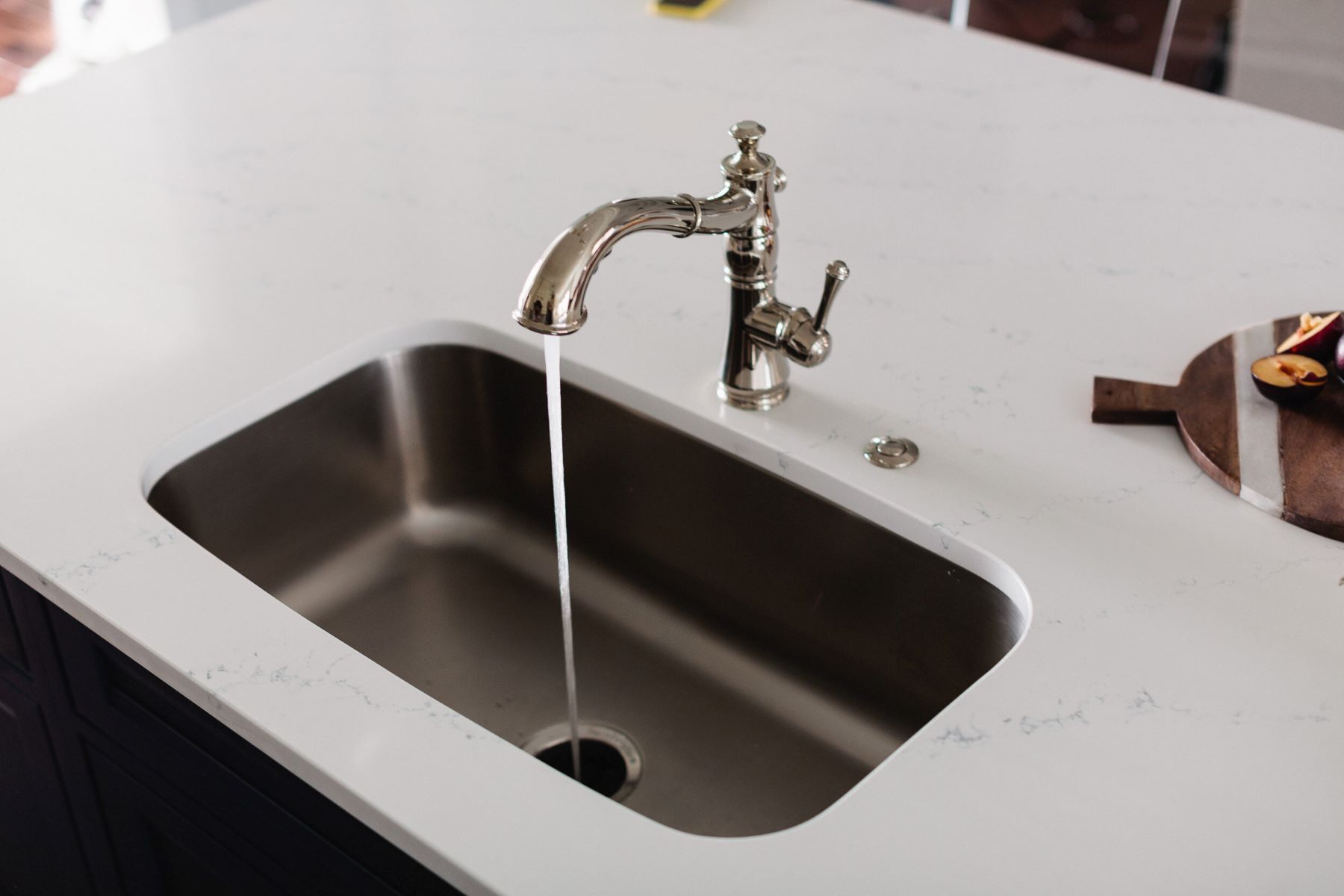
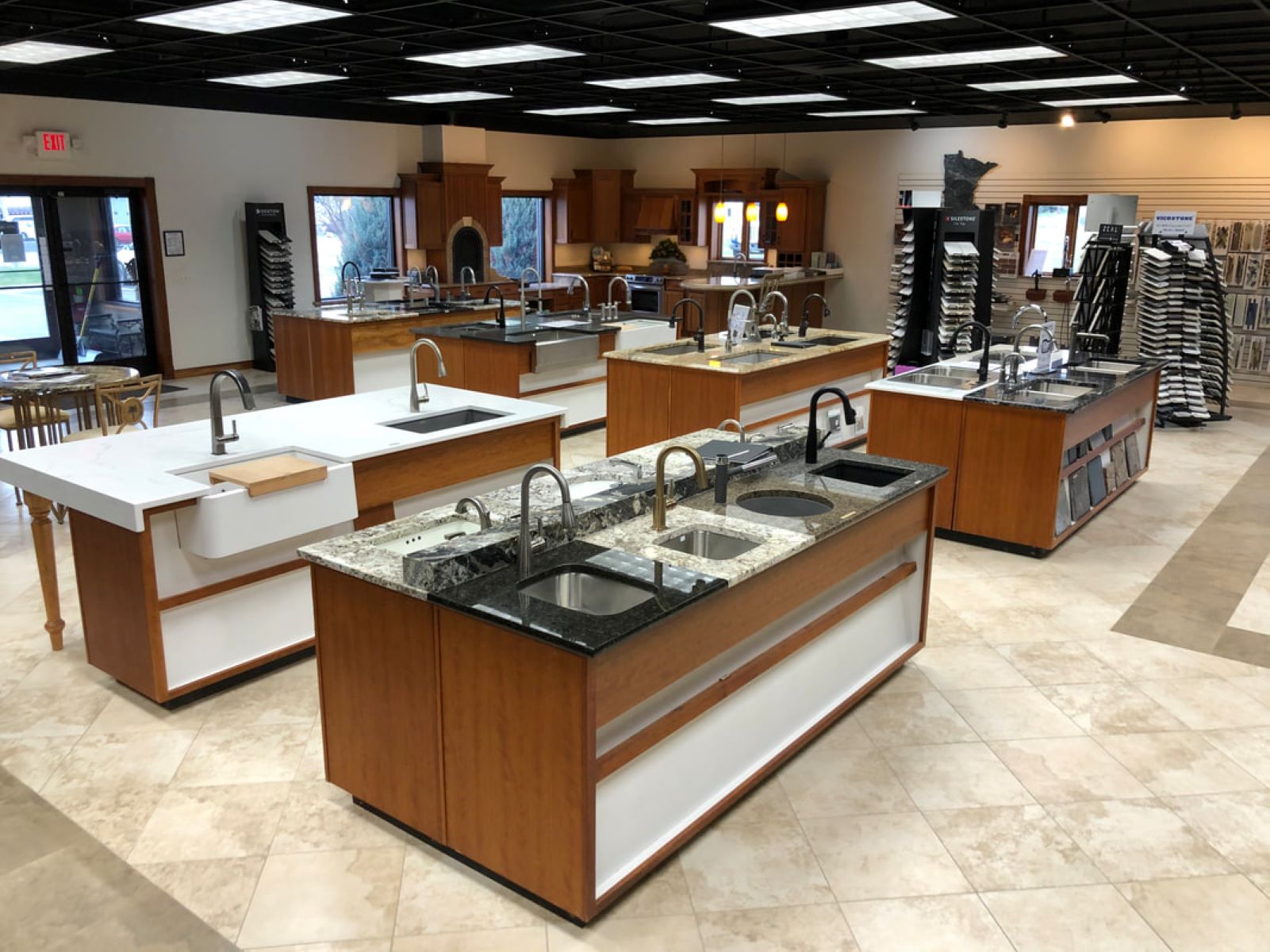
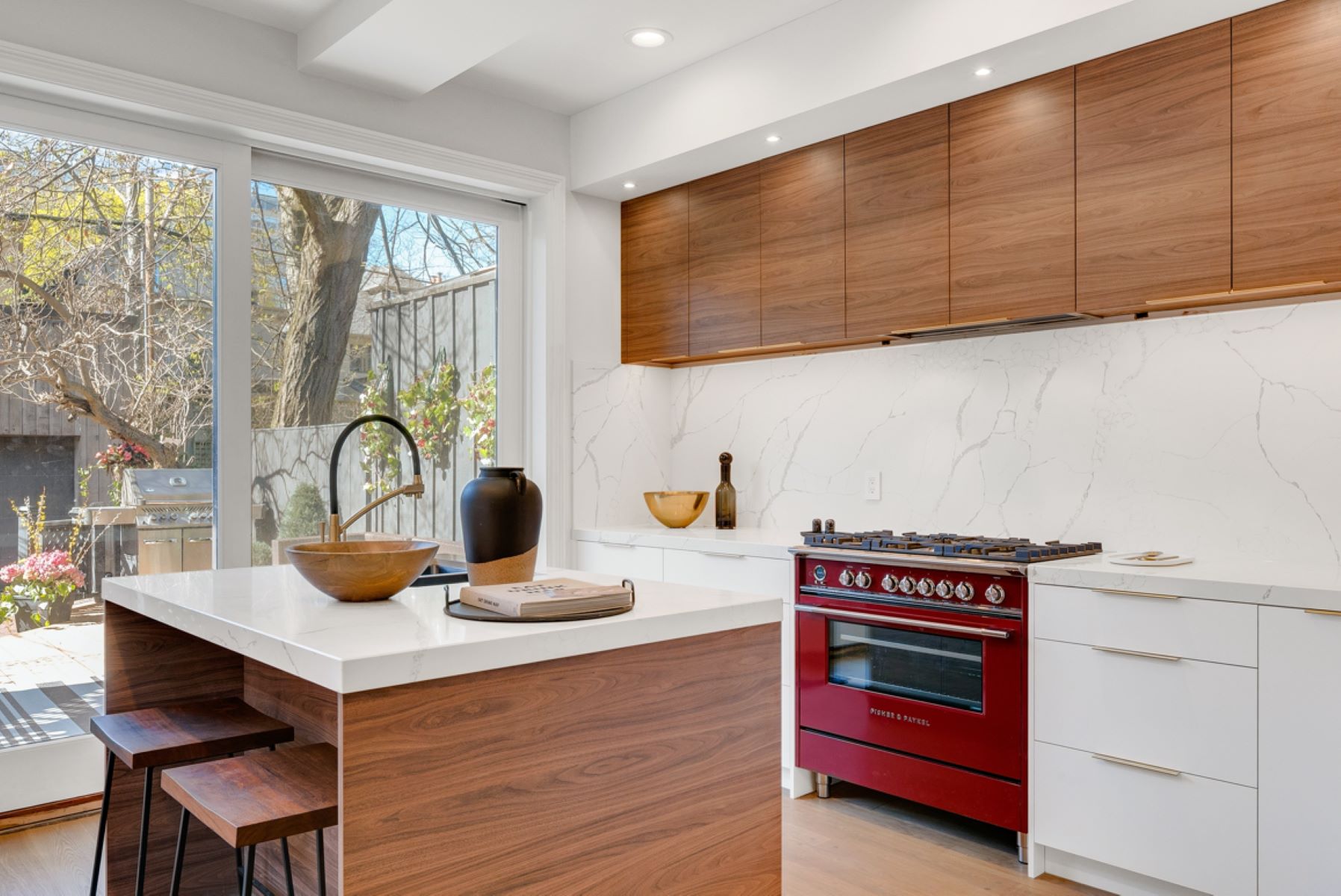
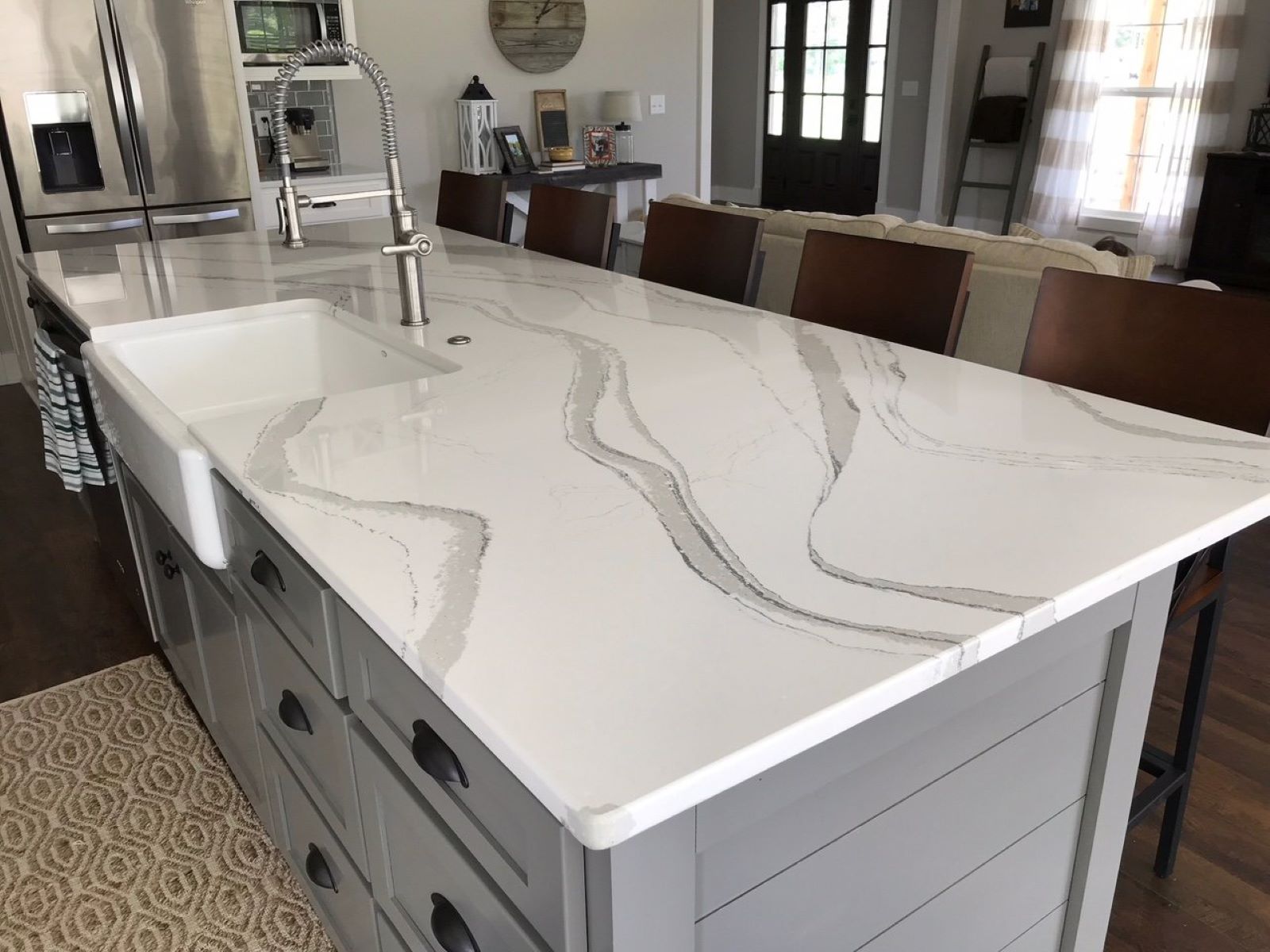
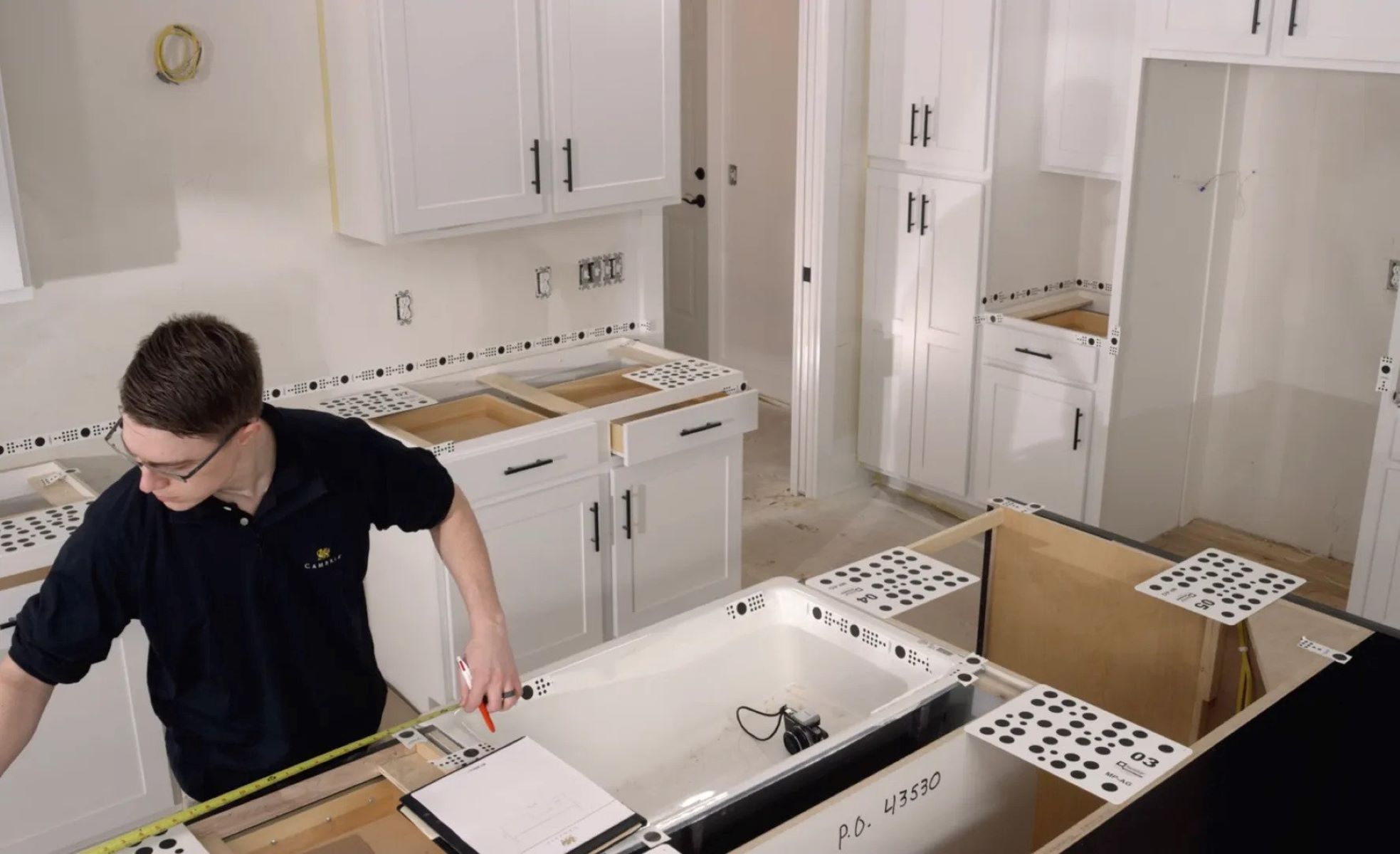
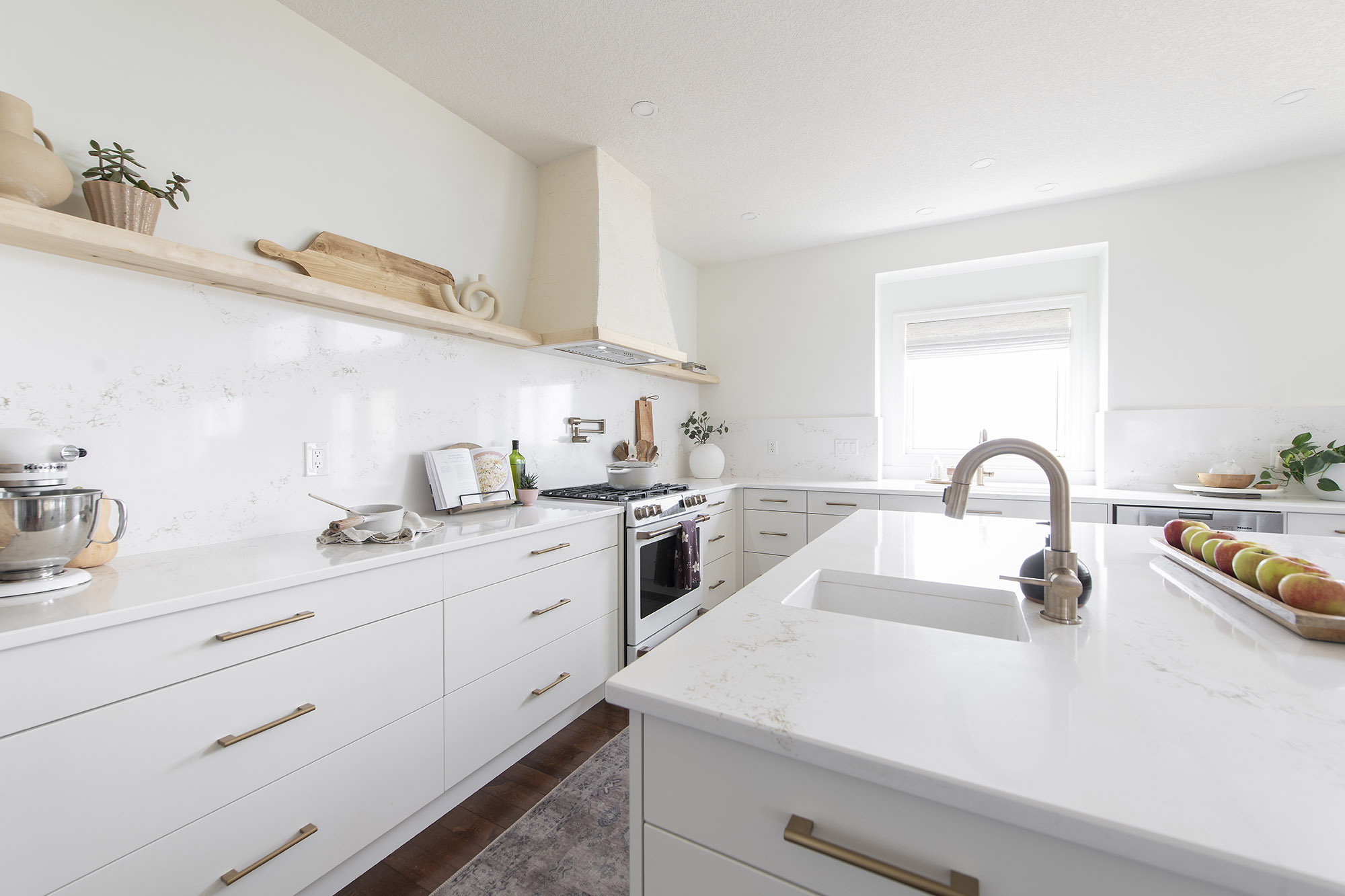
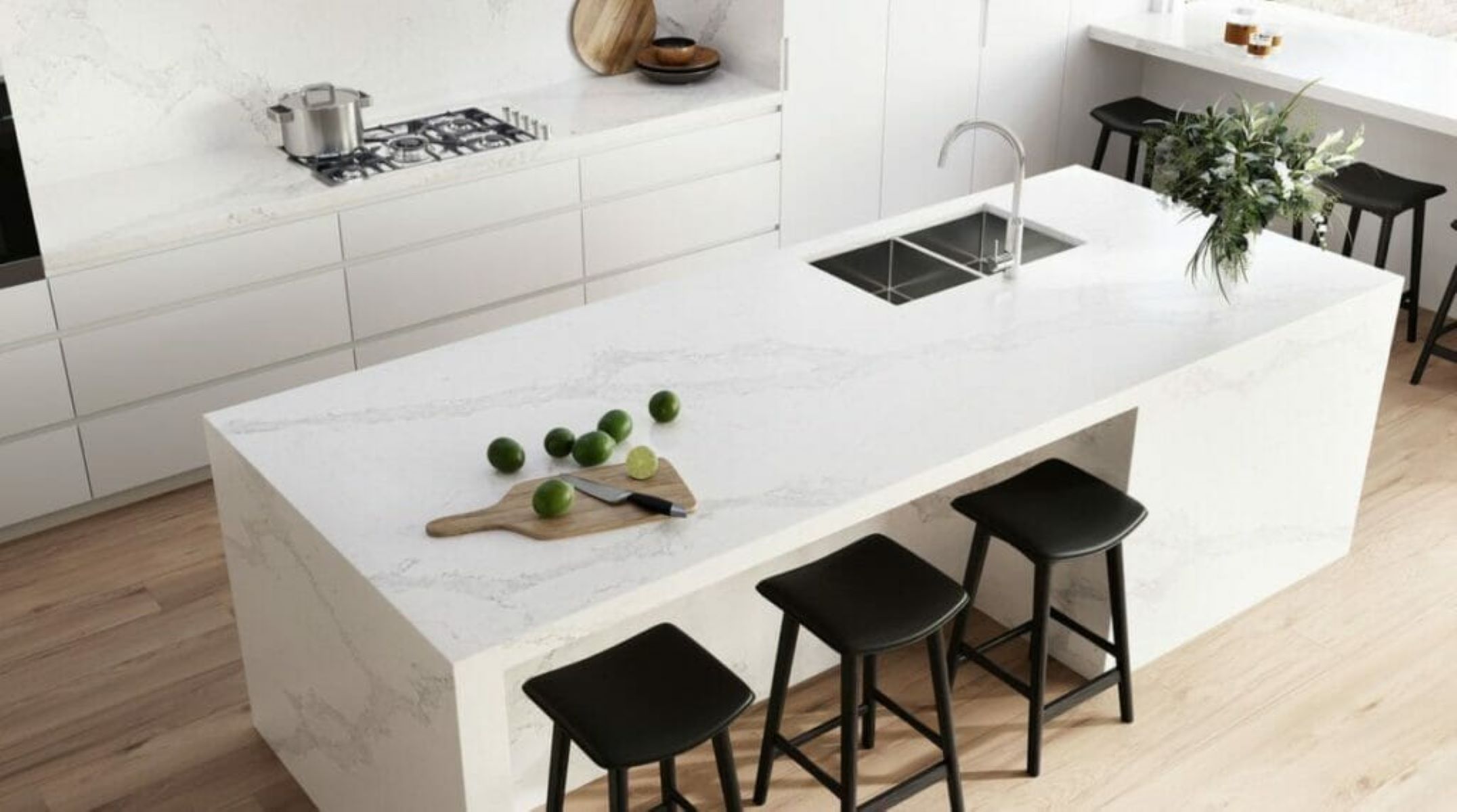
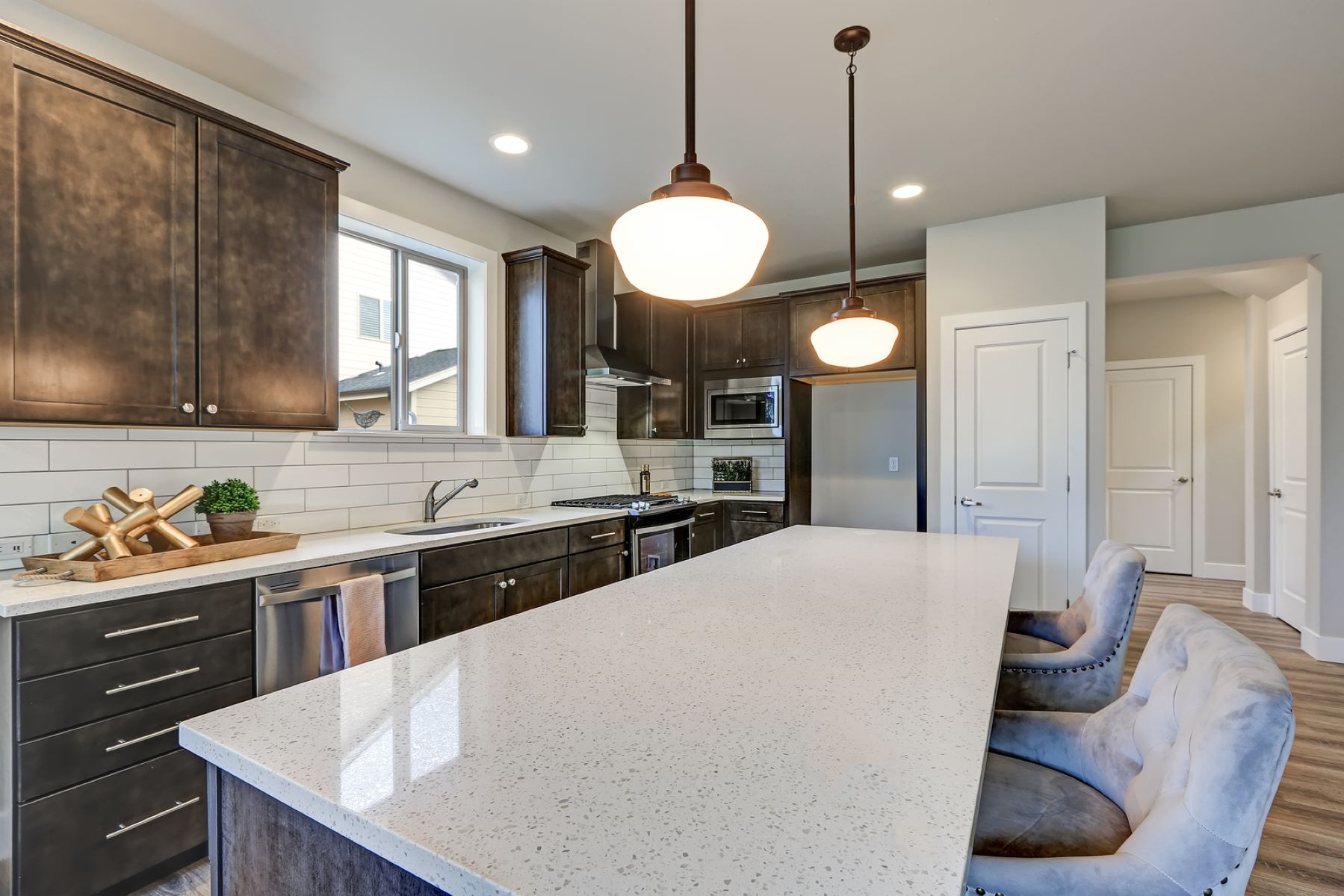
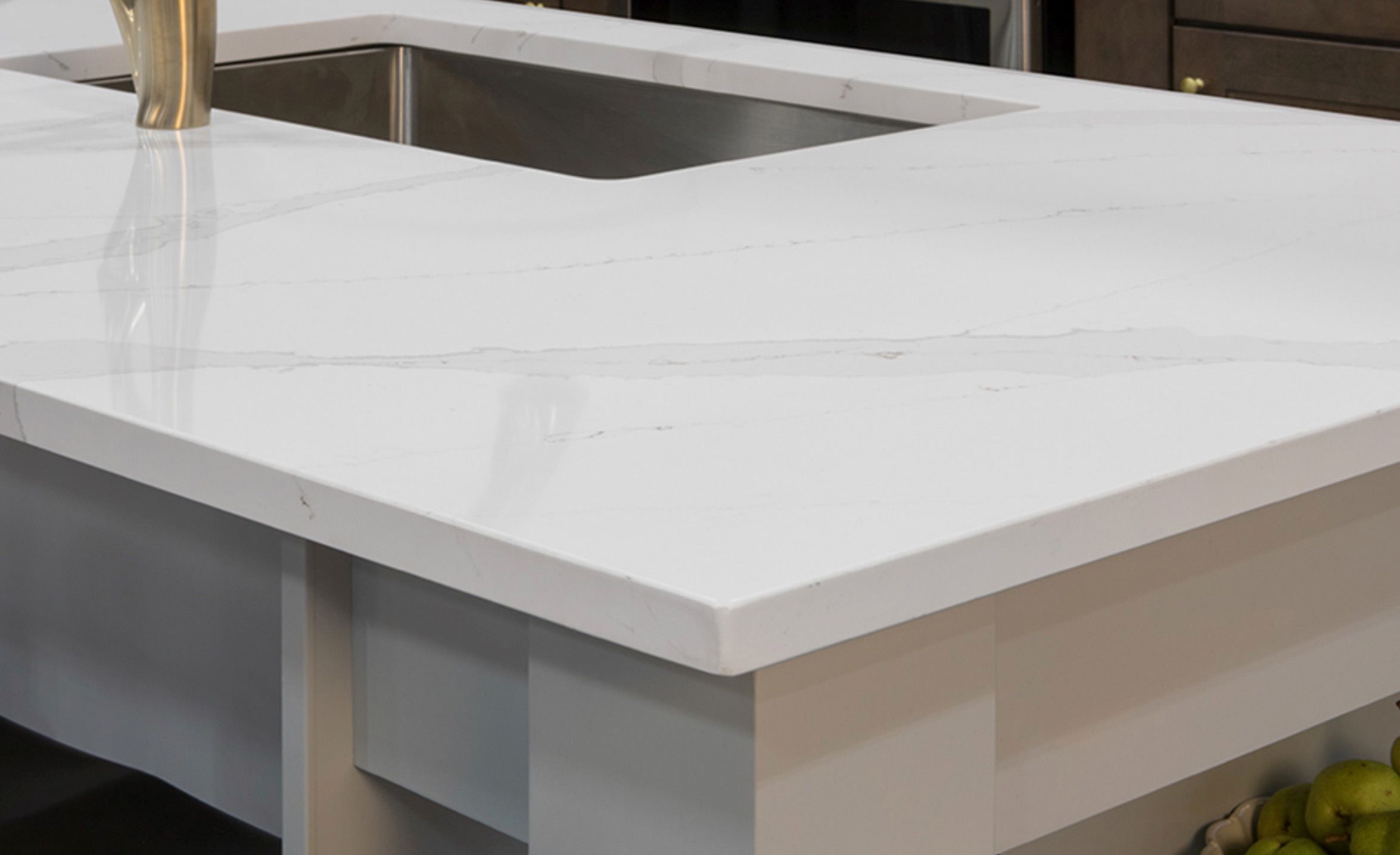
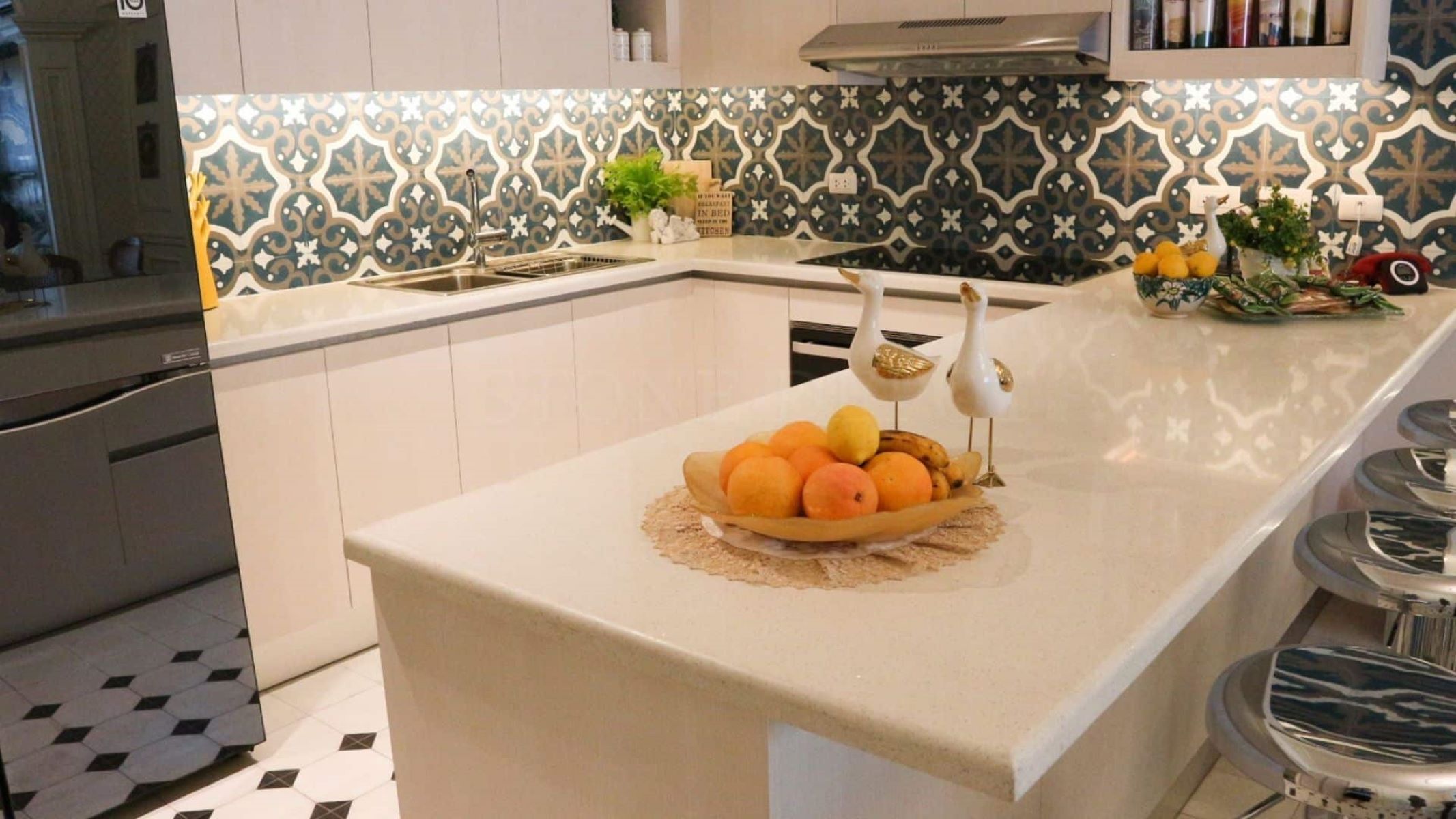
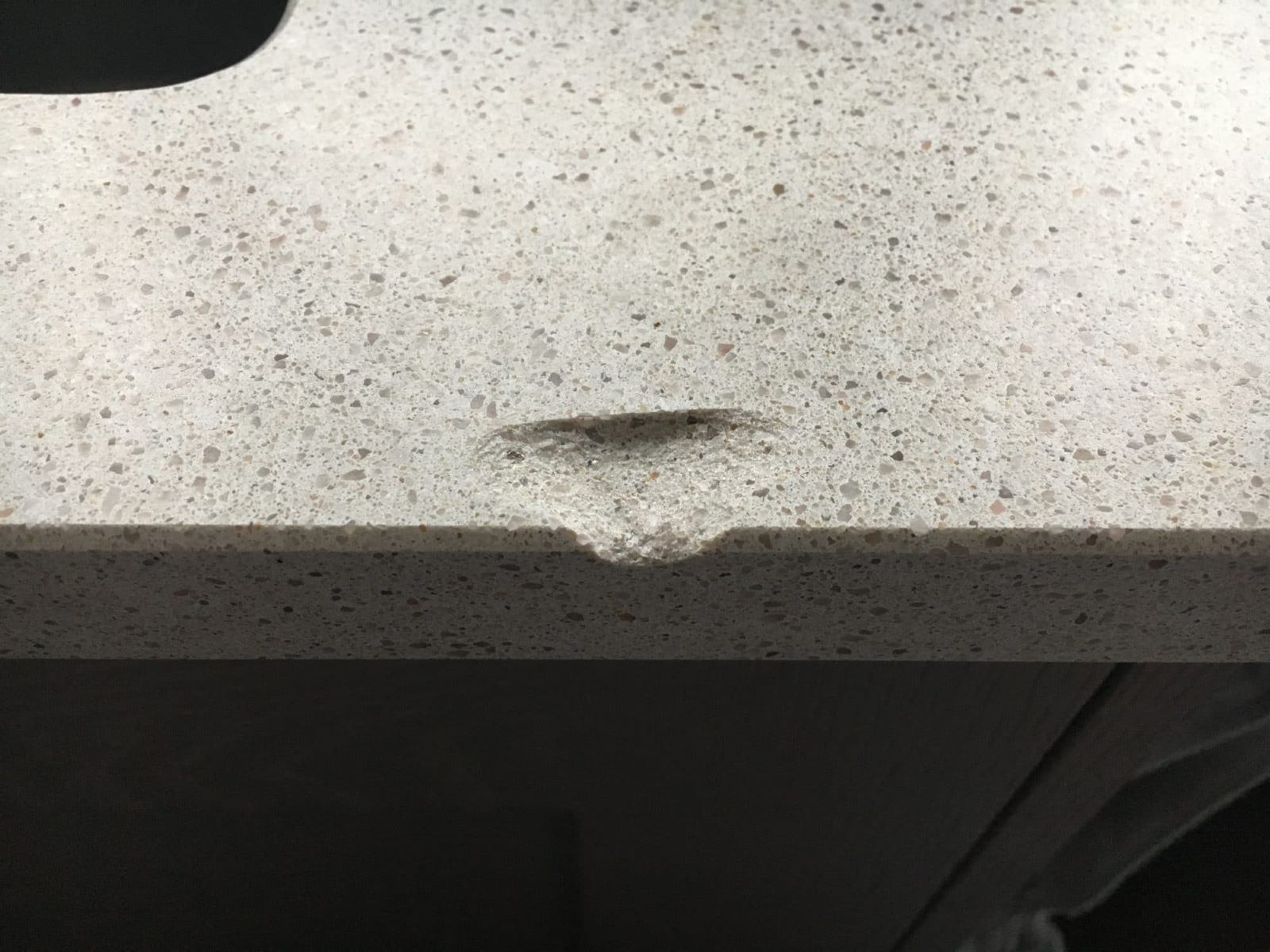
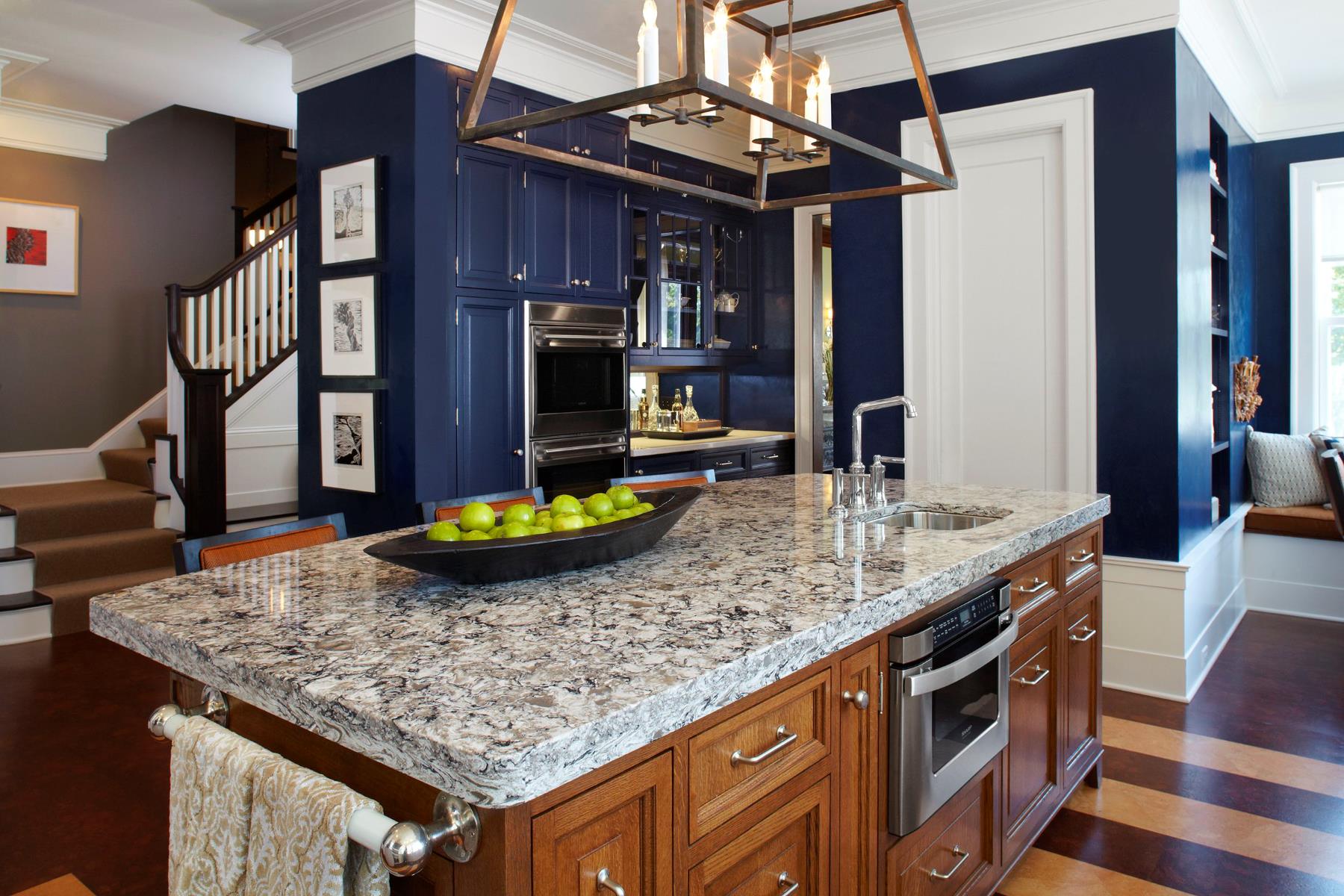
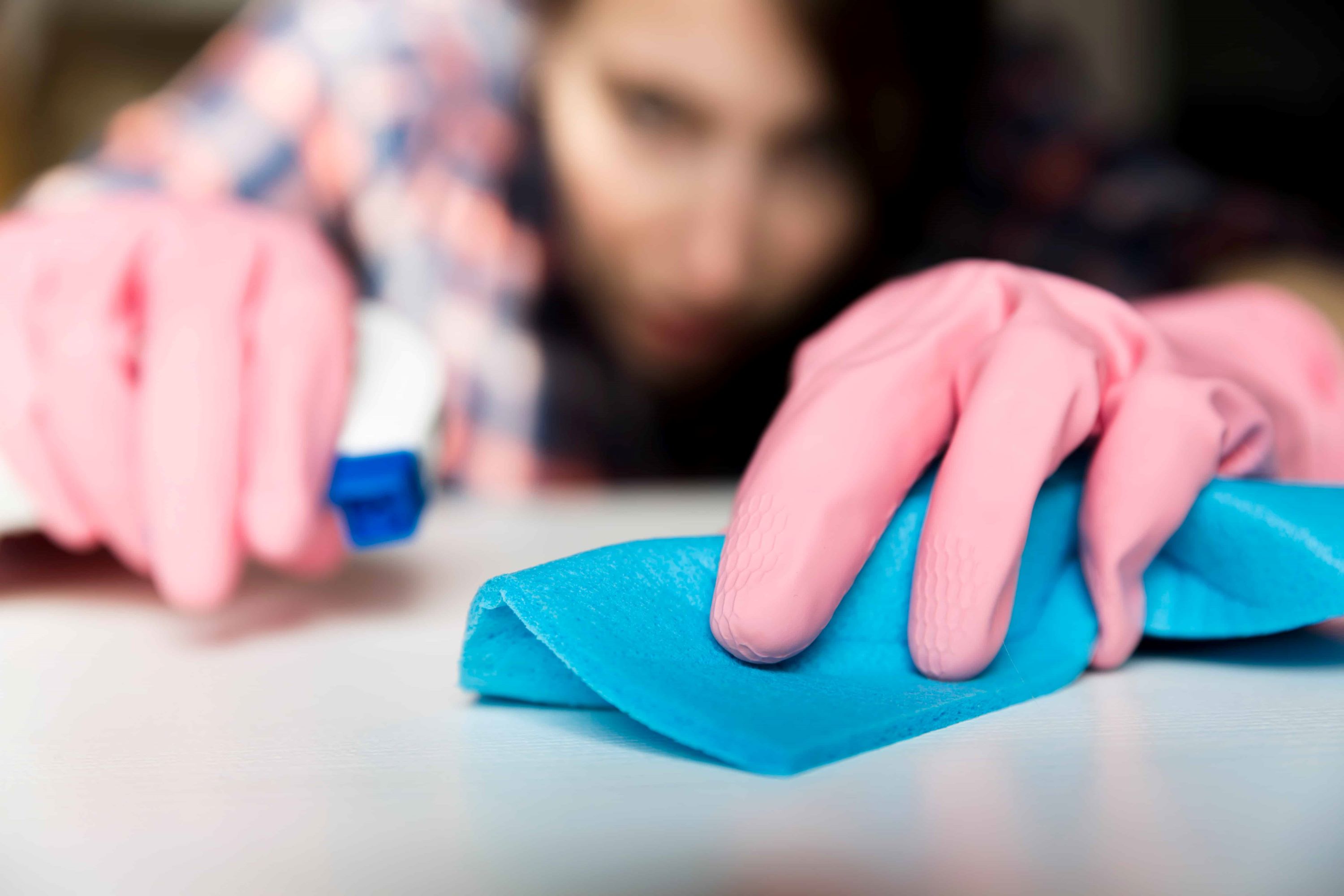
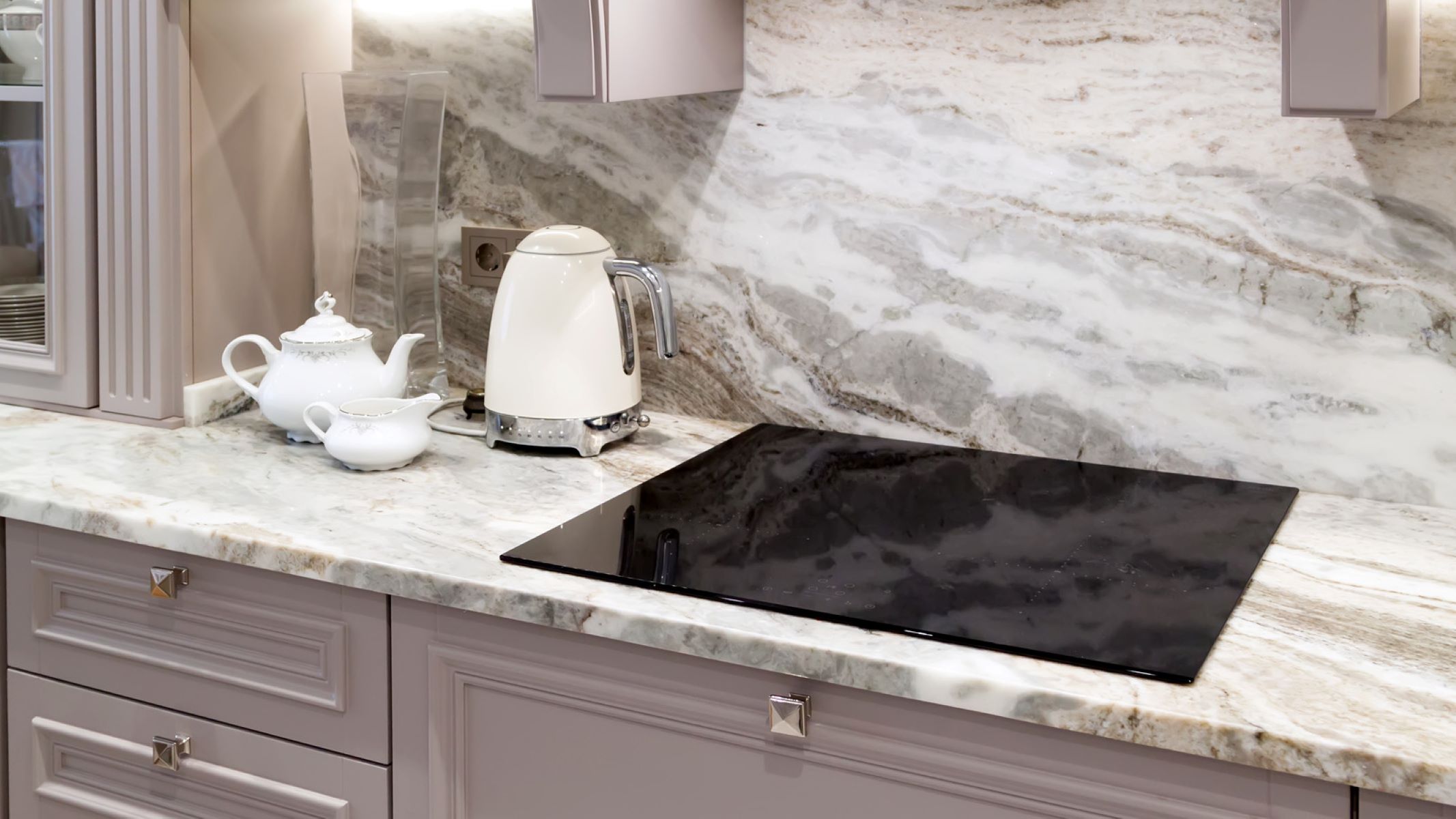

0 thoughts on “How Much Heat Can Quartz Countertops Take”